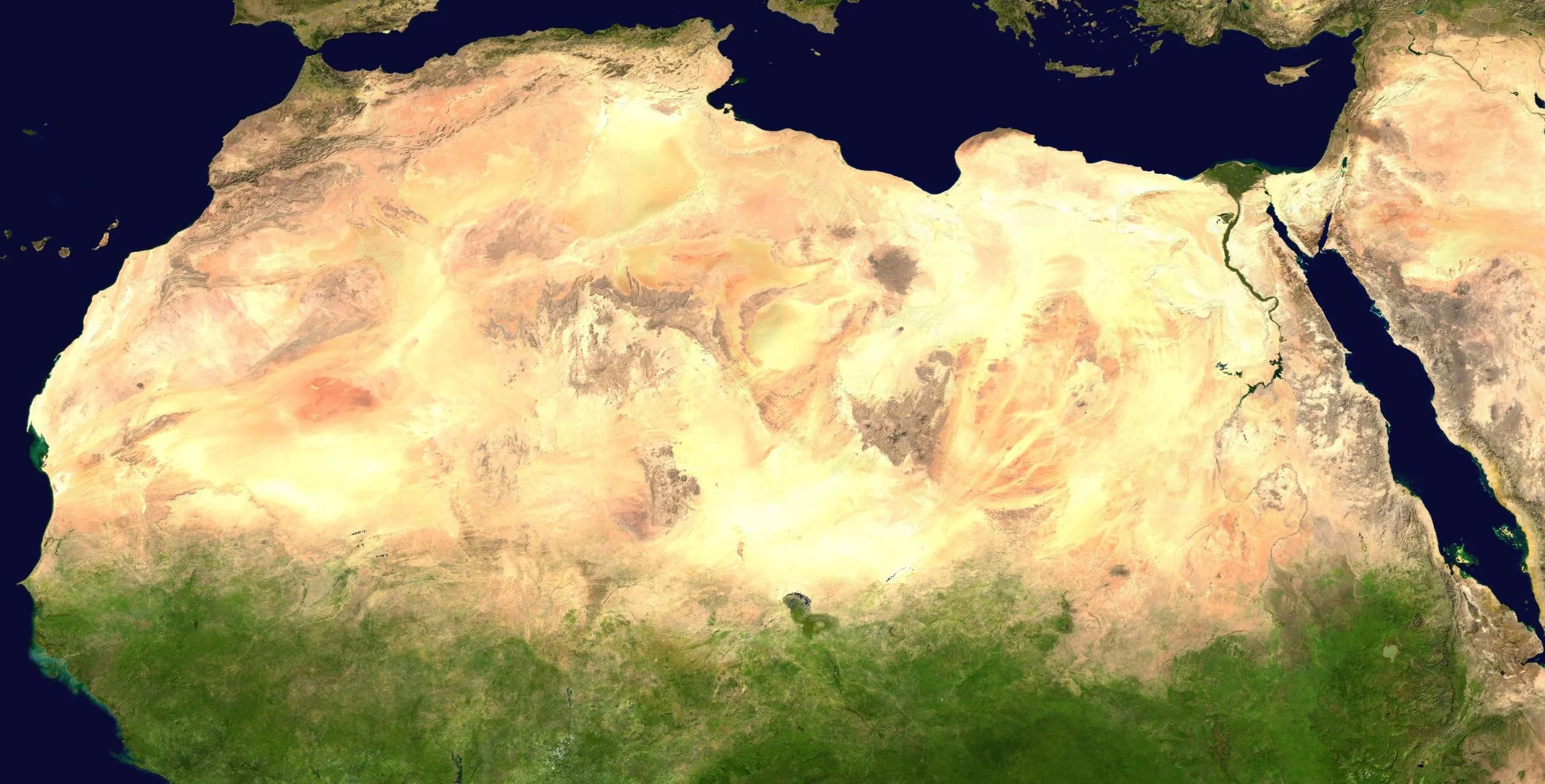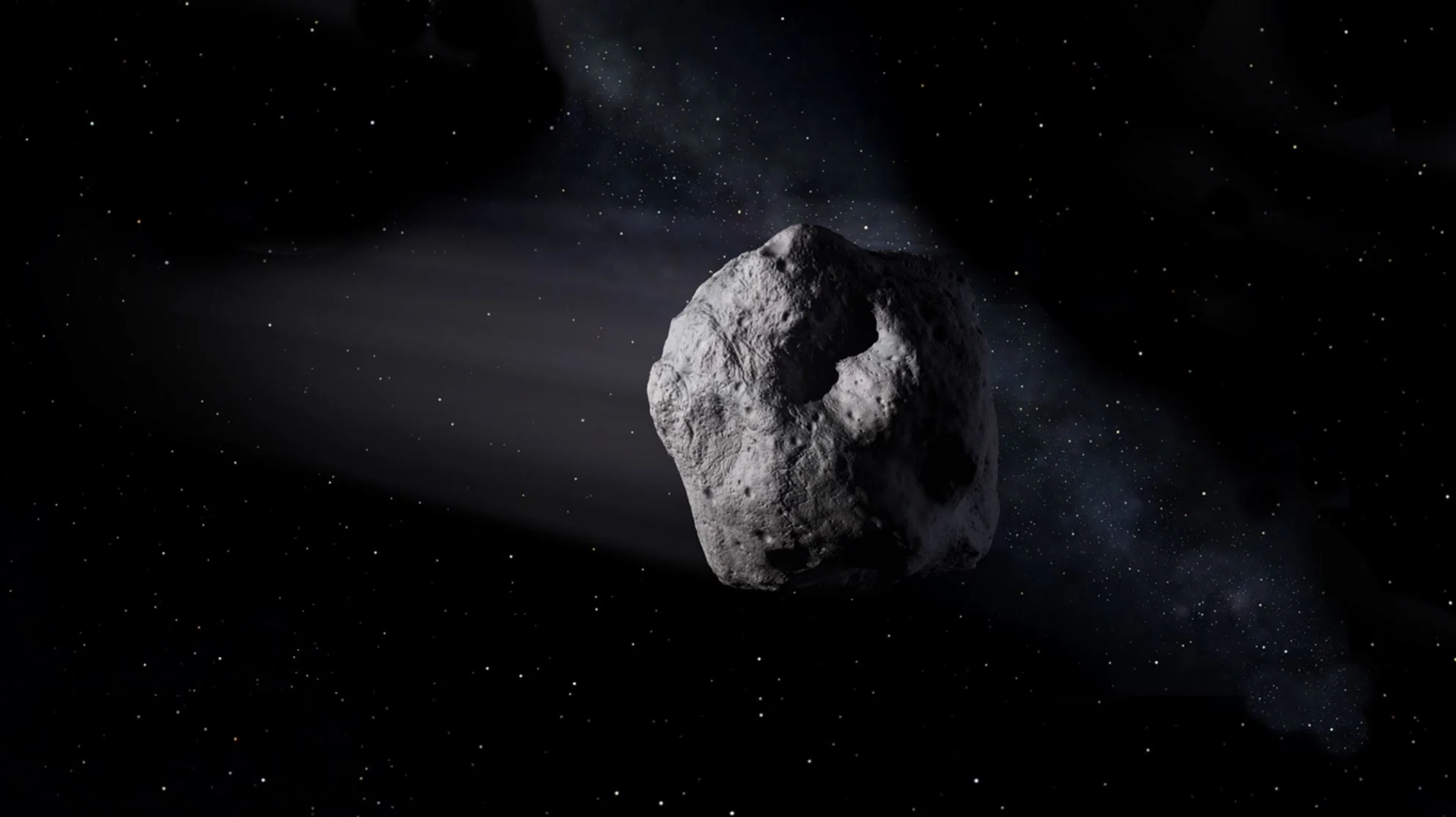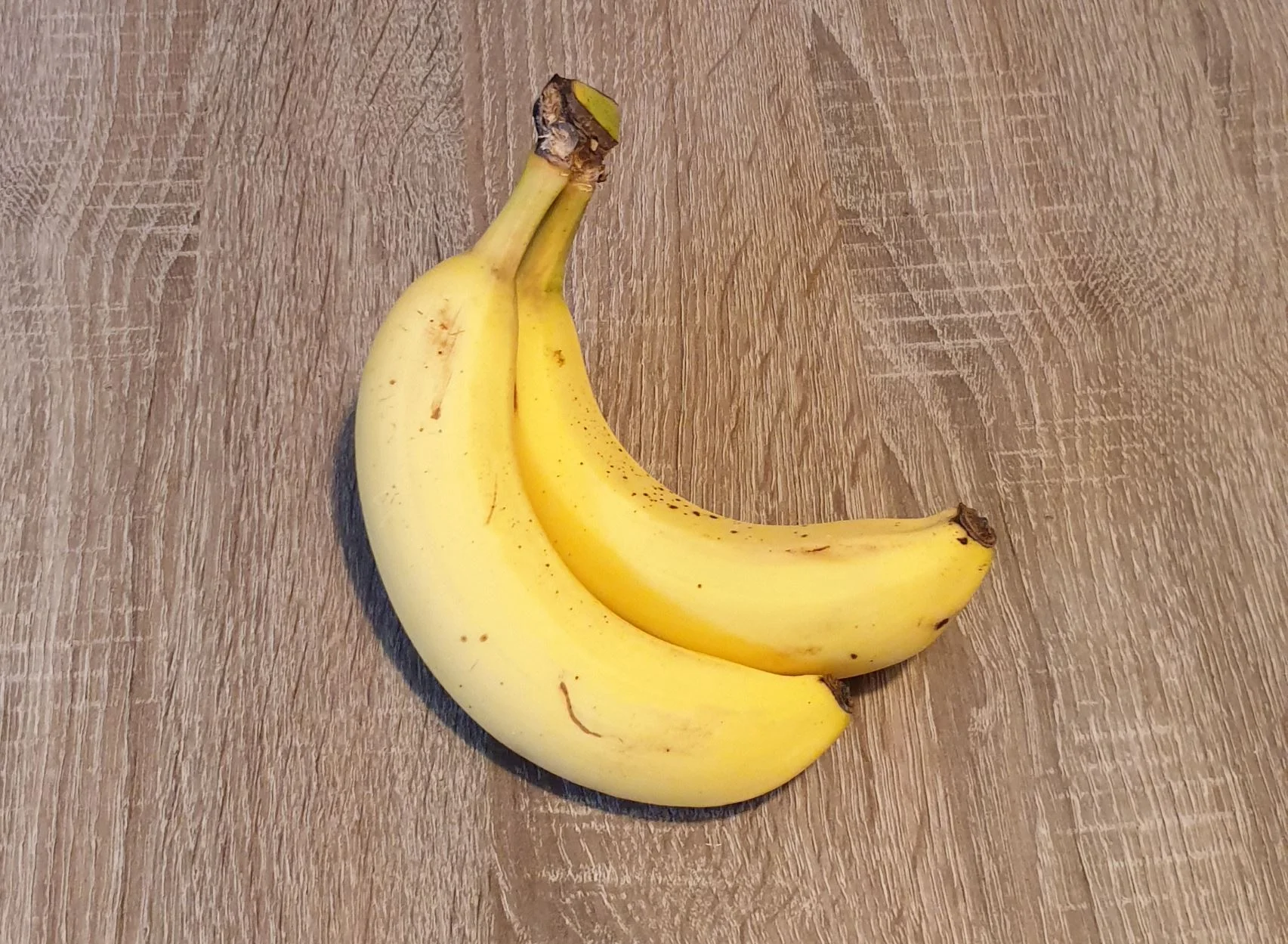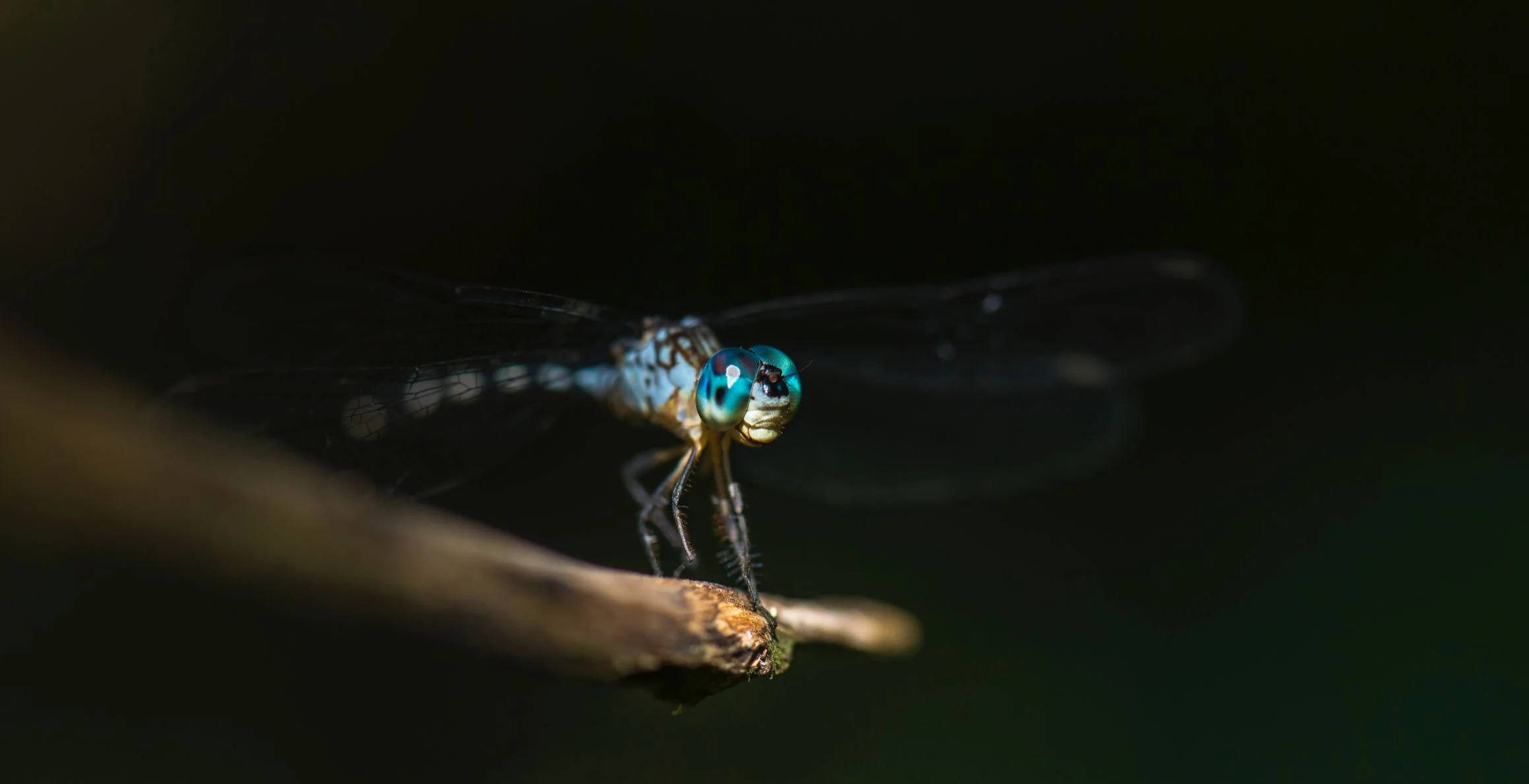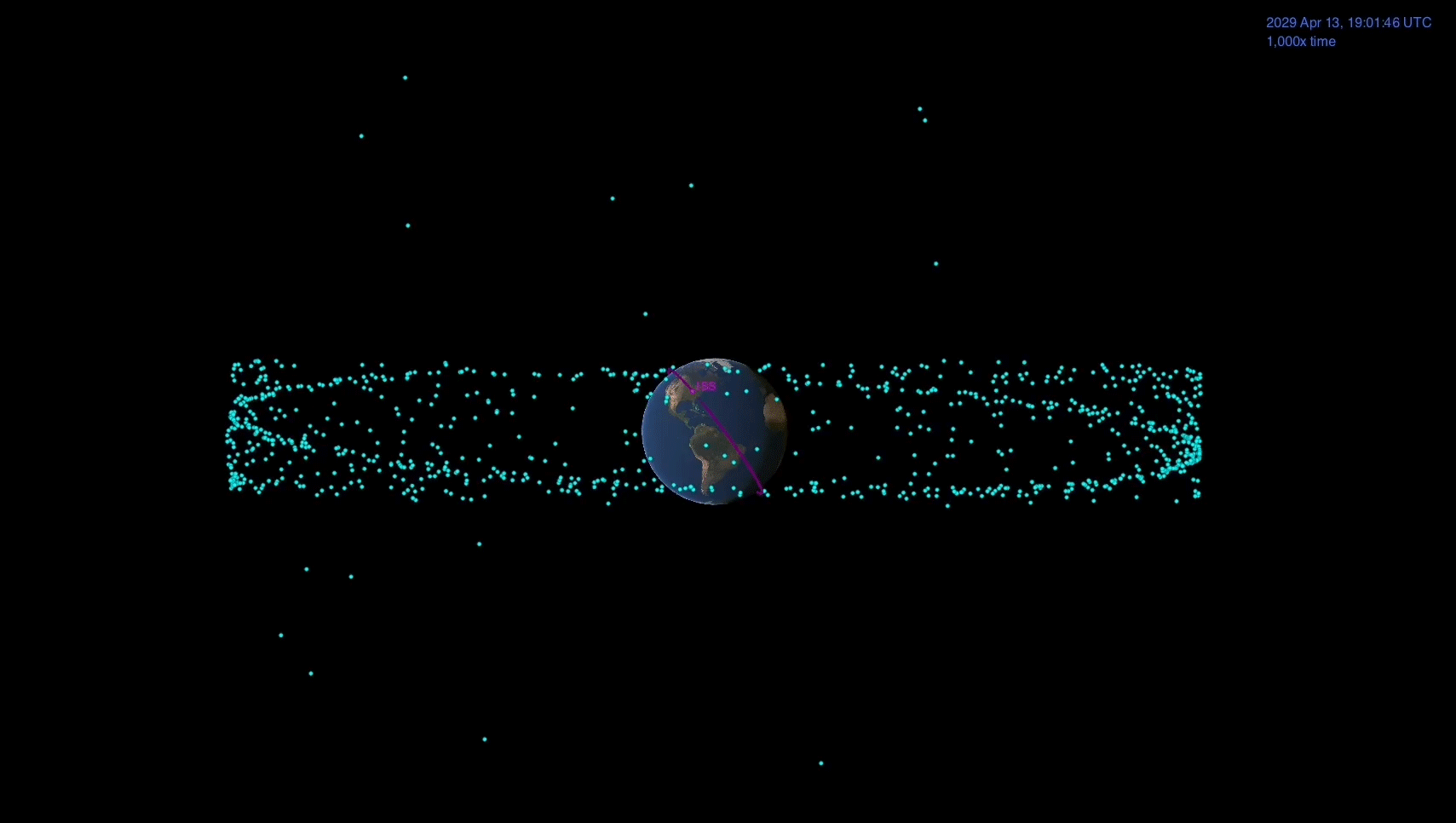Taking a walk on a wooded path, spending an afternoon in a public park, harvesting your backyard garden and even looking at beautiful pictures of Hawaii can all make us feel good. Certainly, for many of us, it’s beneficial to have time outside in natural environments.
Don’t write off abandoned buildings – they can be an important resource for the community
You need only look to the UK’s high streets to see myriad buildings in decline. Walk through any city or town and witness the empty shops, vacant office blocks and derelict housing. A recent report from the Royal Society for Public Health revealed that one in 10 high street shops in the UK is empty.
Starlink’s Satellites Will be Orbiting at a Much Lower Altitude, Reducing the Risks of Space Junk
Among Elon Musk’s many plans for the future, one of the more ambitious has been the creation of a constellation of satellites that will offer broadband internet access to the entire world. Known as “Starlink”, the company’s long-term plan is to deploy over 12,000 internet satellites to Low Earth Orbit (LEO) by the mid-2020s.
Dark Matter Detector Finds the Rarest Event Ever Seen in the Universe
Since the 1960s, scientists have theorized that the Universe is filled with a mysterious, invisible mass. Known as “dark matter“, this mass is estimated to make up roughly 85% of the matter in the Universe and a quarter of its energy density. While this mass has been indirectly observed and studied, all attempts at determining its true nature have so far failed.
Urban greening can save species, cool warming cities, and make us happy
Search for titan’s methane source reveals icy surprise
We’ve found a quicker way to multiply really big numbers
Hubble Astronomers Assemble Wide View of the Evolving Universe
Should we turn the Sahara Desert into a huge solar farm?
Whenever I visit the Sahara I am struck by how sunny and hot it is and how clear the sky can be. Aside from a few oases there is little vegetation, and most of the world’s largest desert is covered with rocks, sand and sand dunes. The Saharan sun is powerful enough to provide Earth with significant solar energy.
Asteroid dust brought back to Earth may explain where our water came from with hydrogen clues
The World’s Space Agencies are Responding to a Hypothetical Asteroid Impact. You Can Watch it all Unfold Online.
Non-thermal plasma: new technology could kill 99.9% of the deadly germs in the air
You can live without food for three weeks and without water for up to three days. But you can’t live without air for more than three short minutes. It’s not just the abundance of air that matters – the quality is essential, too. Unfortunately, air can be contaminated with dangerous germs known as airborne pathogens, such as bacteria and viruses.
How biologists and engineers learn from animals
The parasitic wasp can do something special. The insect is able to puncture rotten wood or a fruit and thus lay eggs in larvae that live in these kinds of places. The wasp uses a long tube for this. But this tube is so long that the animal cannot push it into the material itself. The secret is that this "needle", which consists of three separate parts, can pull itself forward.
The world needs new, smart bananas
How we found a white dwarf – a stellar corpse – by accident
Health Check: how to start exercising if you’re out of shape
A Strange Ice Feature Wraps Halfway Around Titan
For people interested in all things beyond Earth, the words methane and Titan go hand in hand. After all, Titan is the only other world in our Solar System where liquid flows over the surface. While trying to understand Titan’s methane cycle, scientists have discovered something else: a bizarre methane ice feature that wraps halfway around Saturn’s largest moon.
Is an ‘insect apocalypse’ happening? How would we know?
We accidentally created a new wonder material that could revolutionise batteries and electronics
Some of the most famous scientific discoveries happened by accident. From Teflon and the microwave oven to penicillin, scientists trying to solve a problem sometimes find unexpected things. This is exactly how we created phosphorene nanoribbons – a material made from one of the universe’s basic building blocks, but that has the potential to revolutionise a wide range of technologies.
Scientists Planning Now for Asteroid Flyby a Decade Away
On April 13, 2029, a speck of light will streak across the sky, getting brighter and faster. At one point it will travel more than the width of the full Moon within a minute and it will get as bright as the stars in the Little Dipper. But it won't be a satellite or an airplane - it will be a 1,100-foot-wide (340-meter-wide) near-Earth asteroid called 99942 Apophis that will cruise harmlessly by Earth, about 19,000 miles (31,000 kilometers) above the surface. That's within the distance that some of our spacecraft that orbit Earth.







